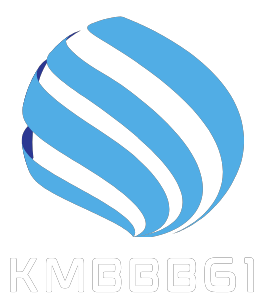When it comes to optimizing customer relationships and driving sales growth, a robust Customer Relationship Management (CRM) system is indispensable. However, to truly maximize the CRM’s value, businesses must be able to measure its effectiveness through clear, actionable Key Performance Indicators (KPIs Cloud contact center solutions). Here, we’ll explore the essential KPIs you should consider to effectively evaluate the performance of your CRM system.
1. Customer Retention Rate
The Customer Retention Rate is crucial for understanding how effective your CRM is in maintaining relationships with existing customers. This KPI measures the percentage of customers who remain active over a specific period compared to the number at the start of that period. A high retention rate often correlates with superior customer satisfaction and loyalty, indicating effective CRM usage.
2. Customer Acquisition Cost (CAC)
CAC is a critical financial metric that shows the total cost of acquiring a new customer, including all marketing and sales expenses. Monitoring this KPI helps you assess whether your CRM system is providing cost-effective solutions for managing leads and converting them into customers.
3. Sales Conversion Rates
This metric gauges the efficiency of your sales funnel, which is managed through your CRM. By tracking the percentage of leads that convert to sales, you can identify how well your CRM supports your sales team in closing deals and where there may be room for improvement.
4. Average Revenue Per User (ARPU)
ARPU provides insight into the revenue generated per customer and is vital for assessing the financial impact of your CRM system. A rising ARPU indicates that your CRM is effectively up-selling and cross-selling to existing customers, contributing to increased revenue generation.
5. Net Promoter Score (NPS)
NPS measures customer satisfaction and loyalty by asking customers how likely they are to recommend your business to others. This feedback is essential for CRM evaluation as it reflects the customer’s overall experience and satisfaction, which are directly influenced by how your CRM manages customer interactions.
6. Lead Response Time
The speed with which your team responds to leads can significantly impact your conversion rates. A CRM that effectively reduces lead response time can increase the chances of converting leads into paying customers. Monitoring this KPI can help you understand the responsiveness and efficiency of your sales team, facilitated by the CRM.
7. Customer Support Tickets
Analyzing the number and nature of customer support tickets can provide insights into potential areas where your CRM may need improvement. A high number of support tickets might indicate issues with customer data management or service quality, which could be mitigated through better CRM practices.
8. Engagement Rate
The level of engagement, measured by interactions like emails opened, meetings scheduled, or calls made, can signal how effectively your CRM is being used by the sales team. High engagement rates typically suggest good CRM adoption and utilization.
Conclusion
Regularly tracking these KPIs can provide a clear picture of how well your CRM system is performing and where improvements can be made. By focusing on these metrics, businesses can ensure their CRM strategies are aligned with overall business goals, enhancing customer relationships and driving sales success. Remember, the key to successful CRM evaluation lies in not just collecting data but also acting on it to continuously refine and optimize your customer management strategies.
